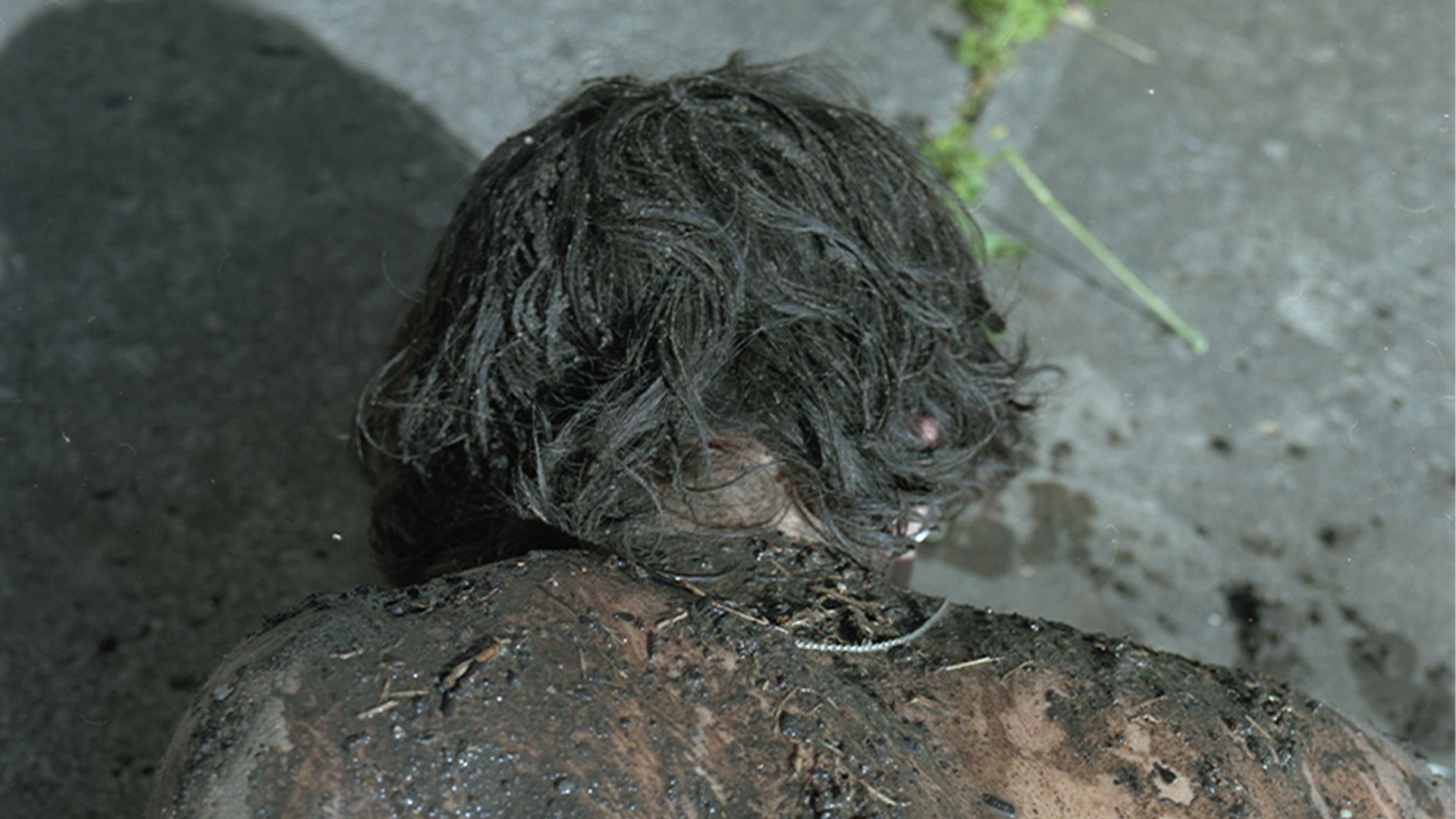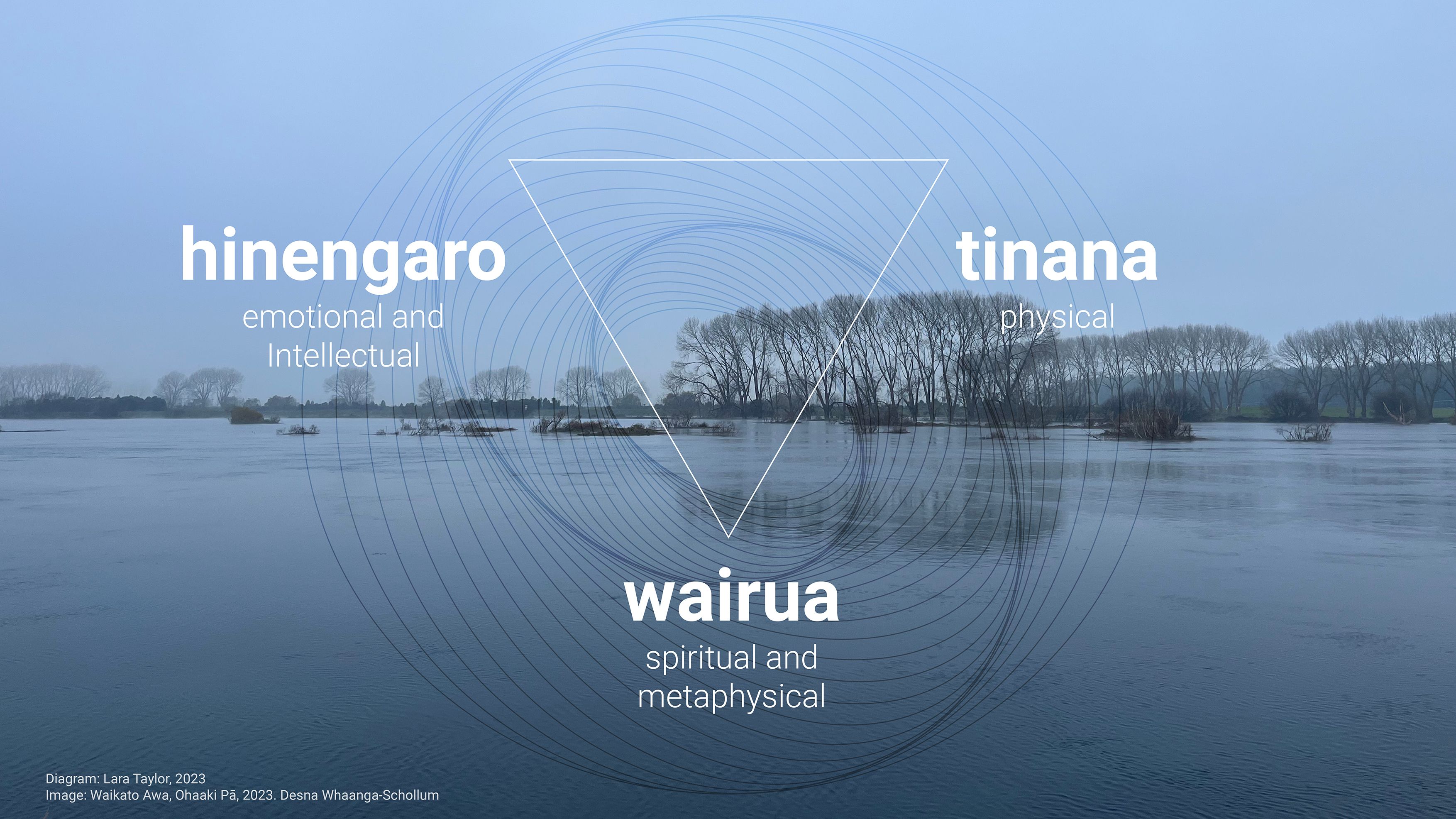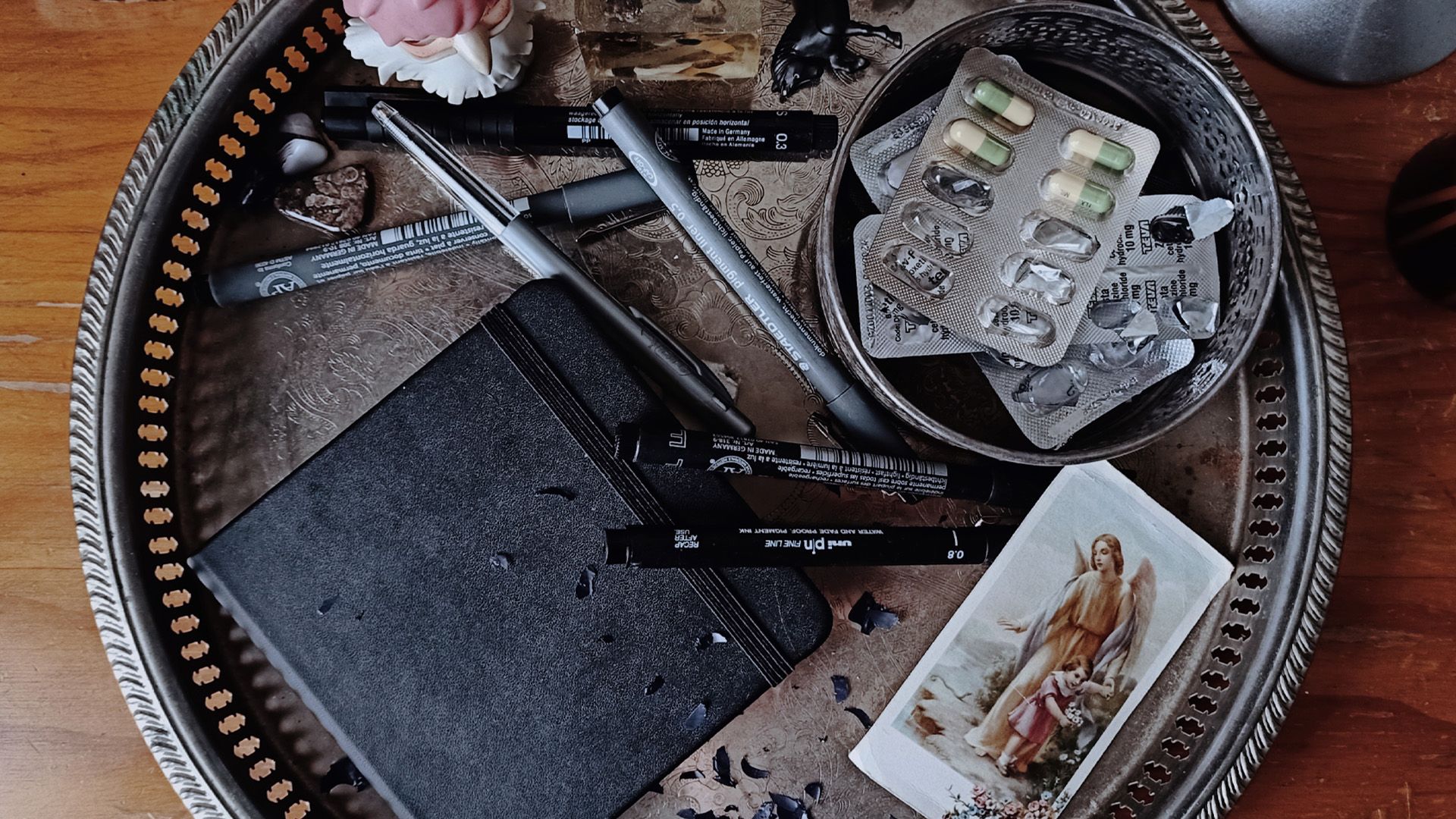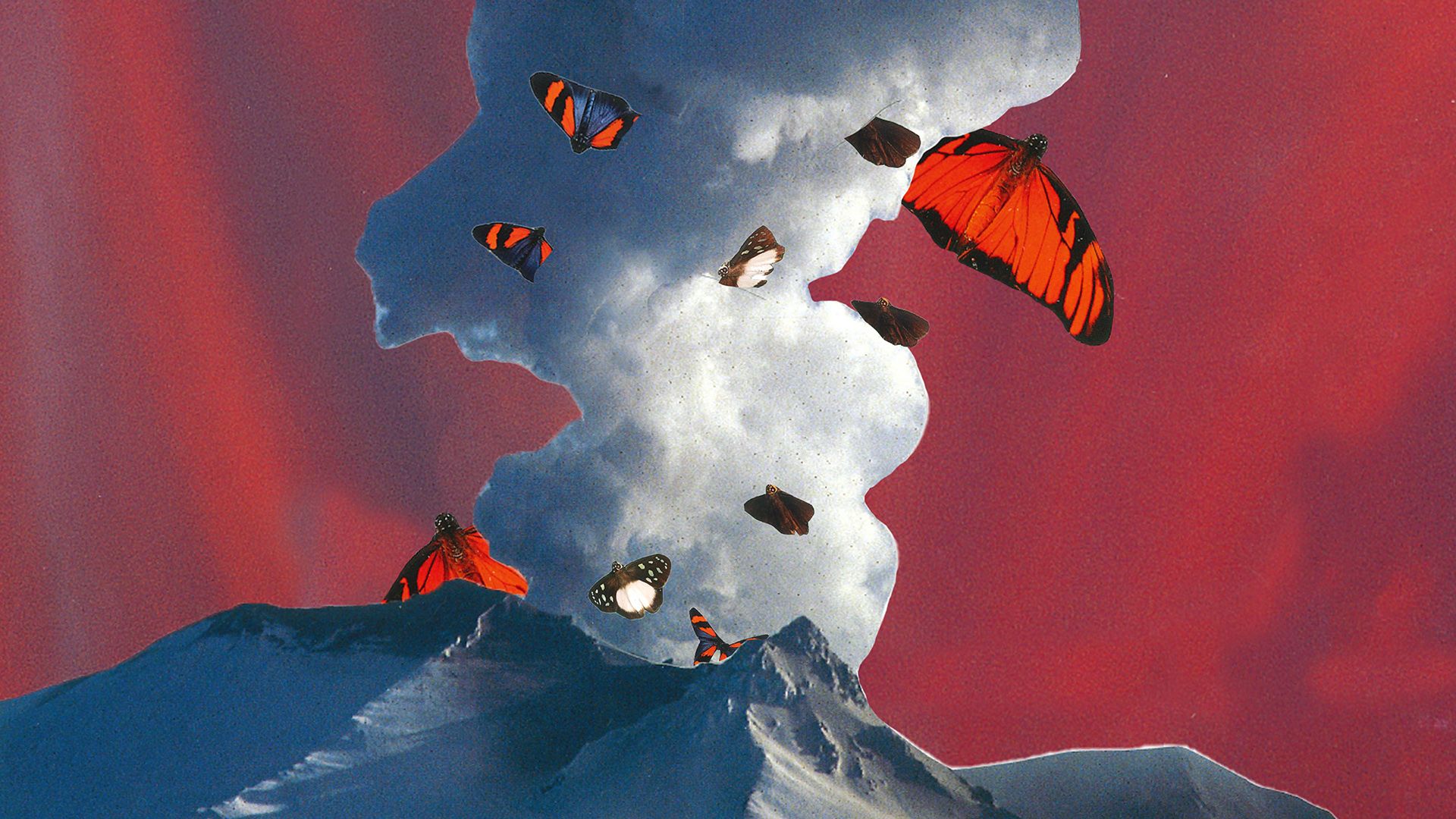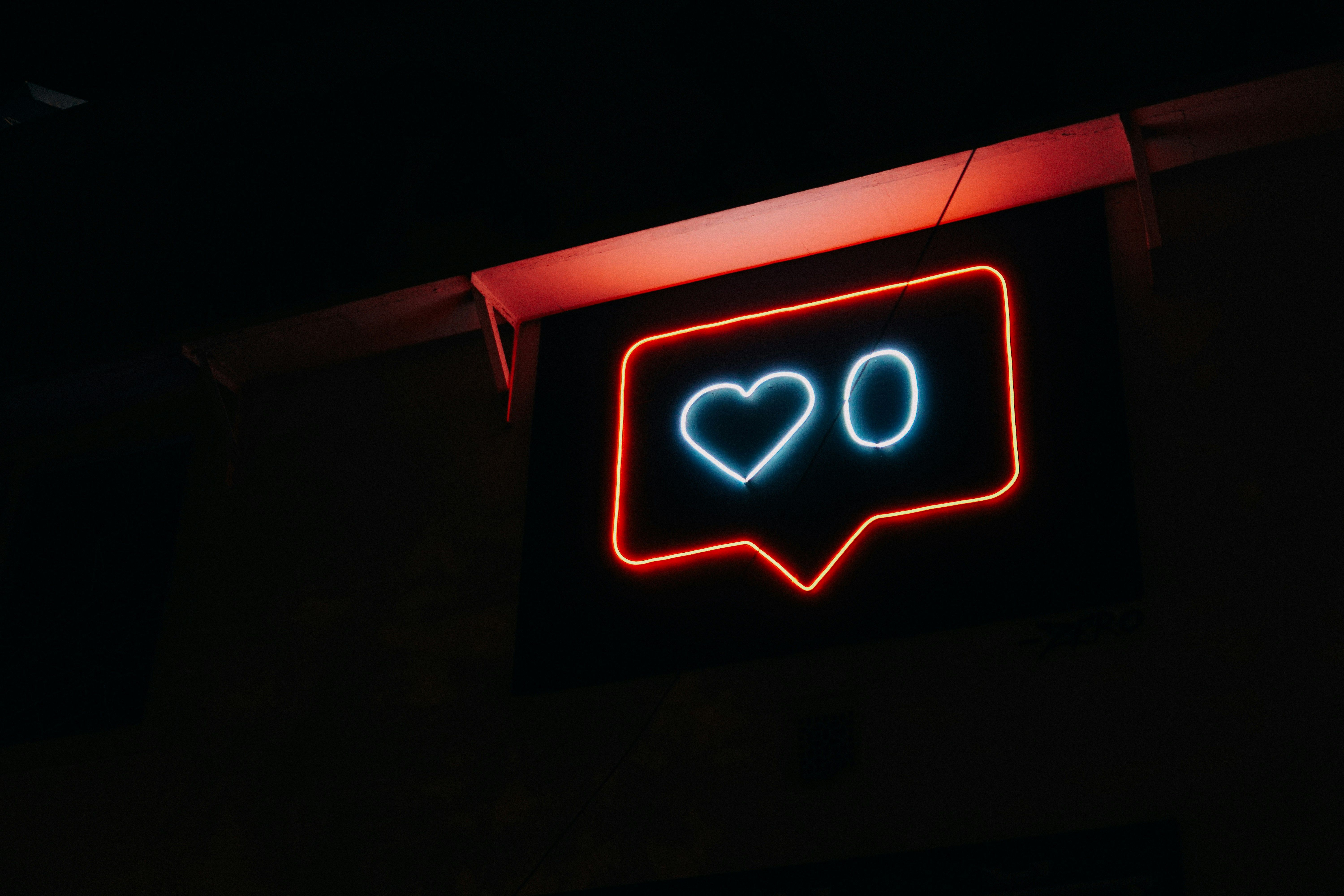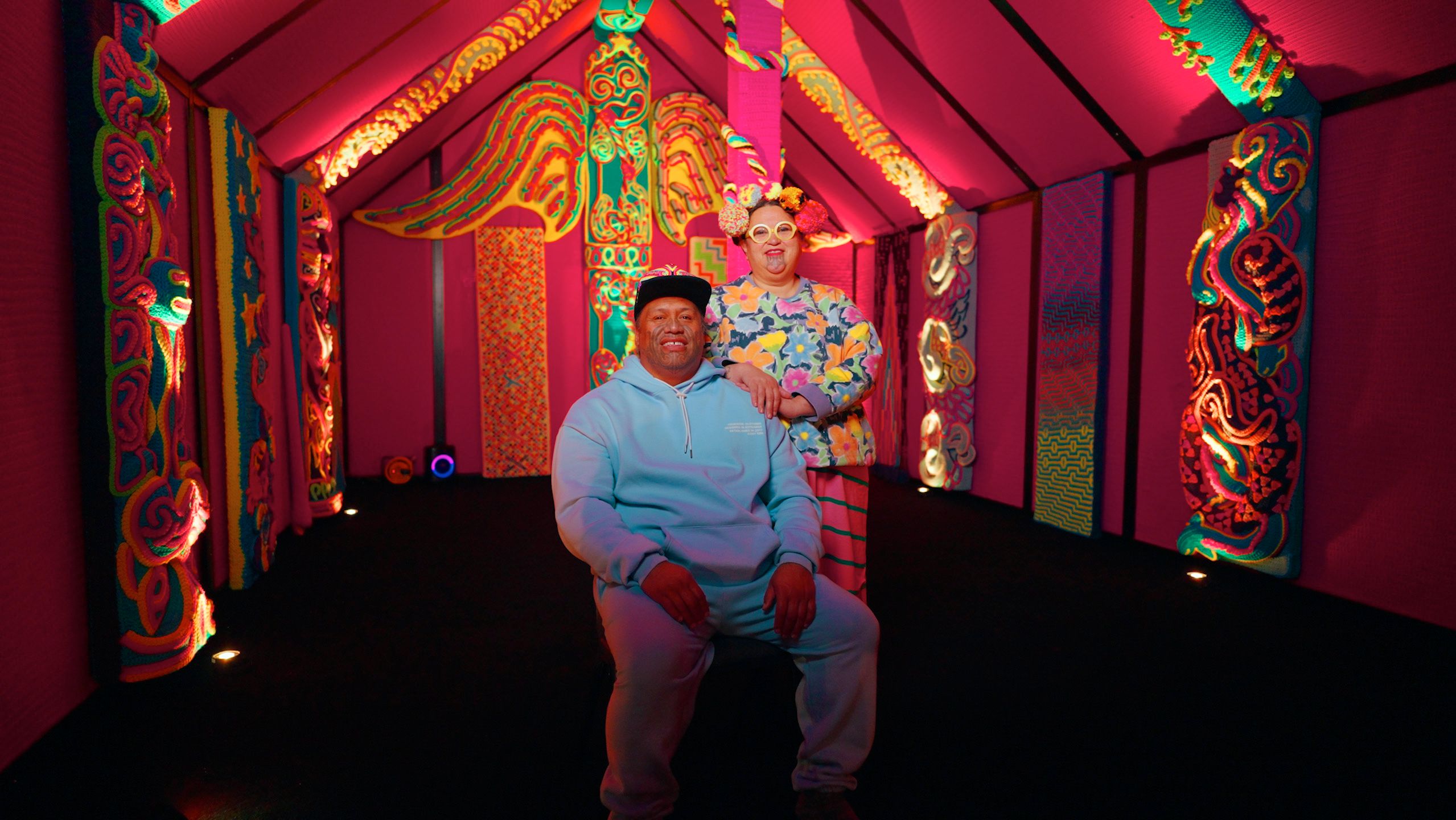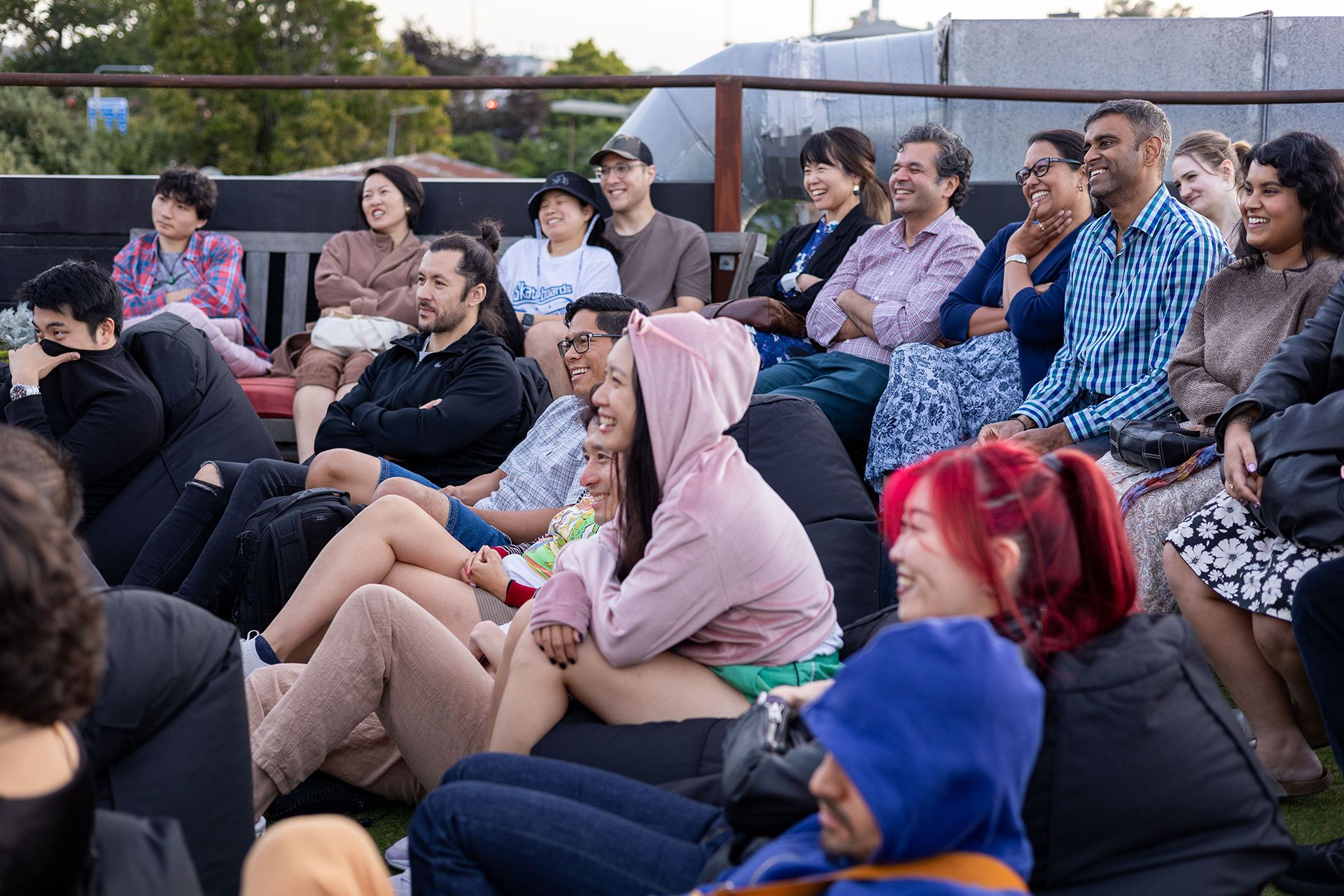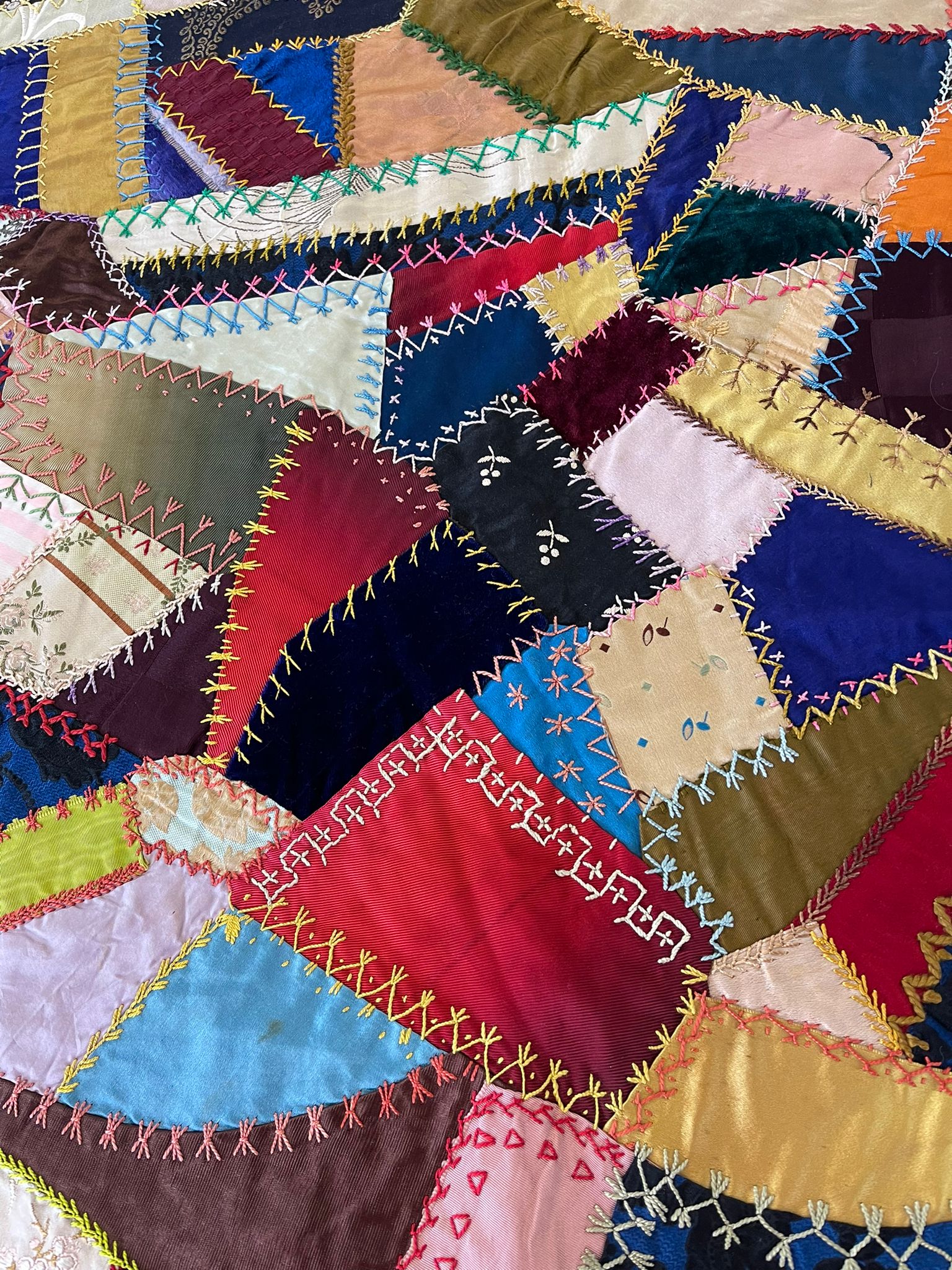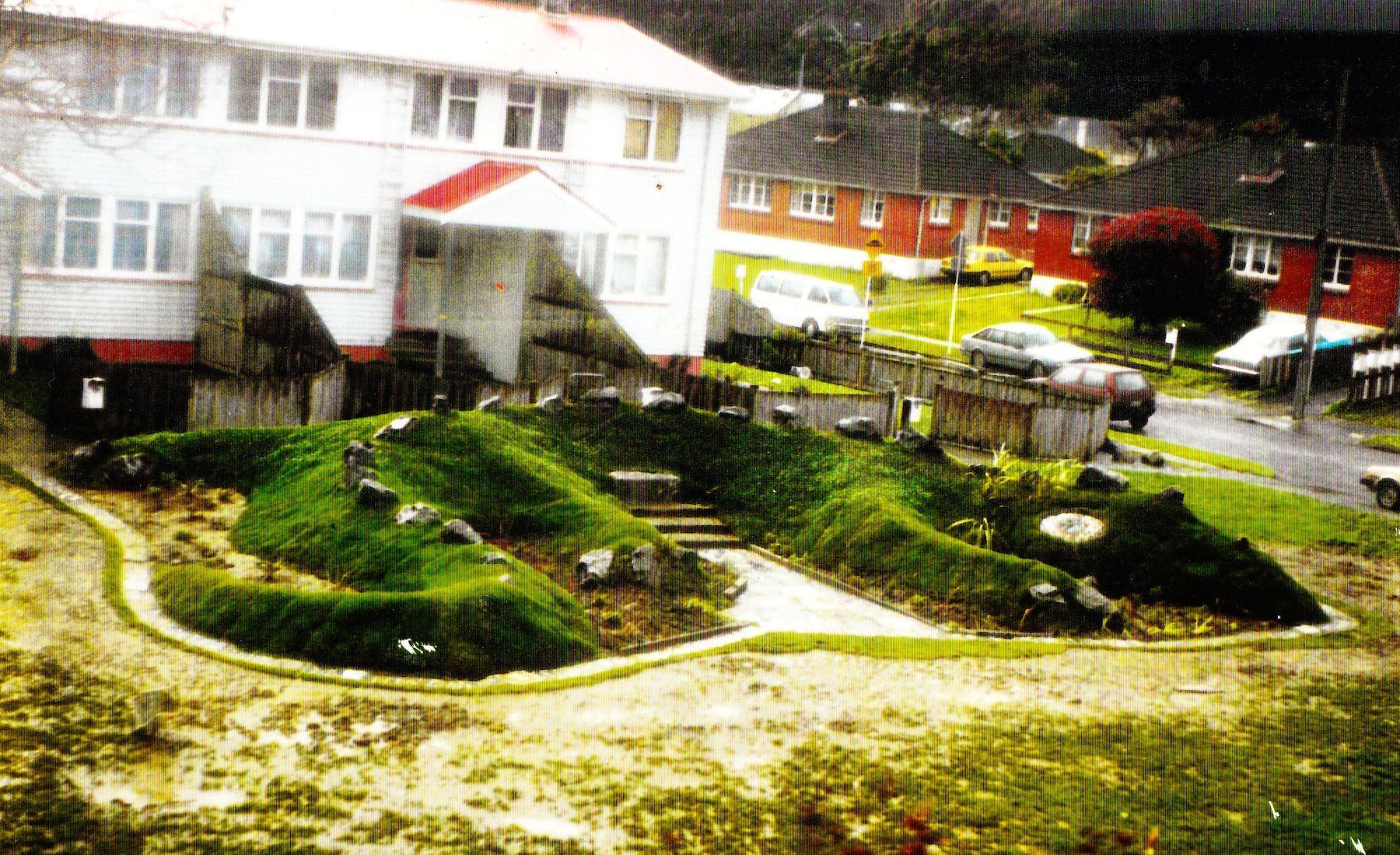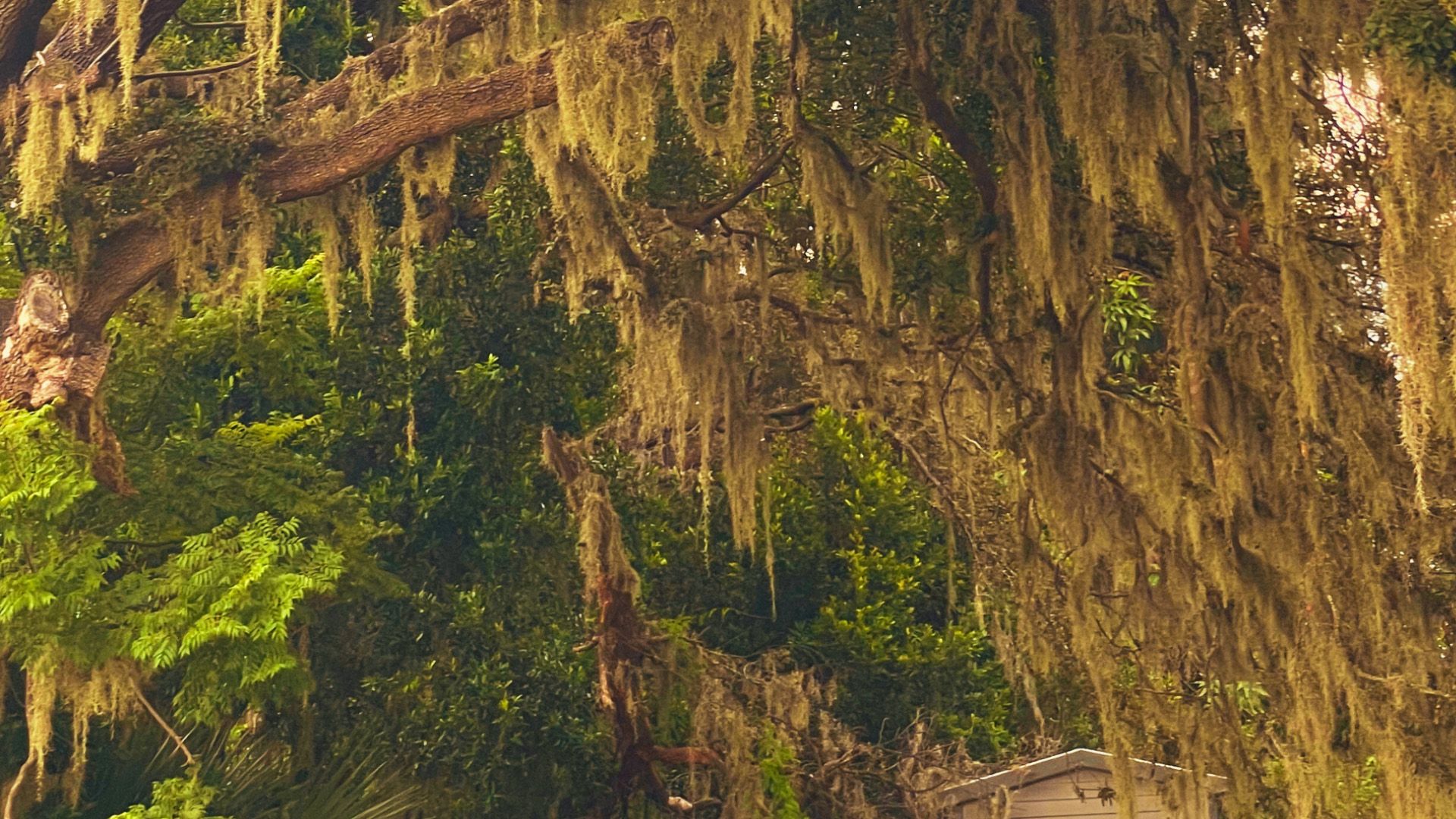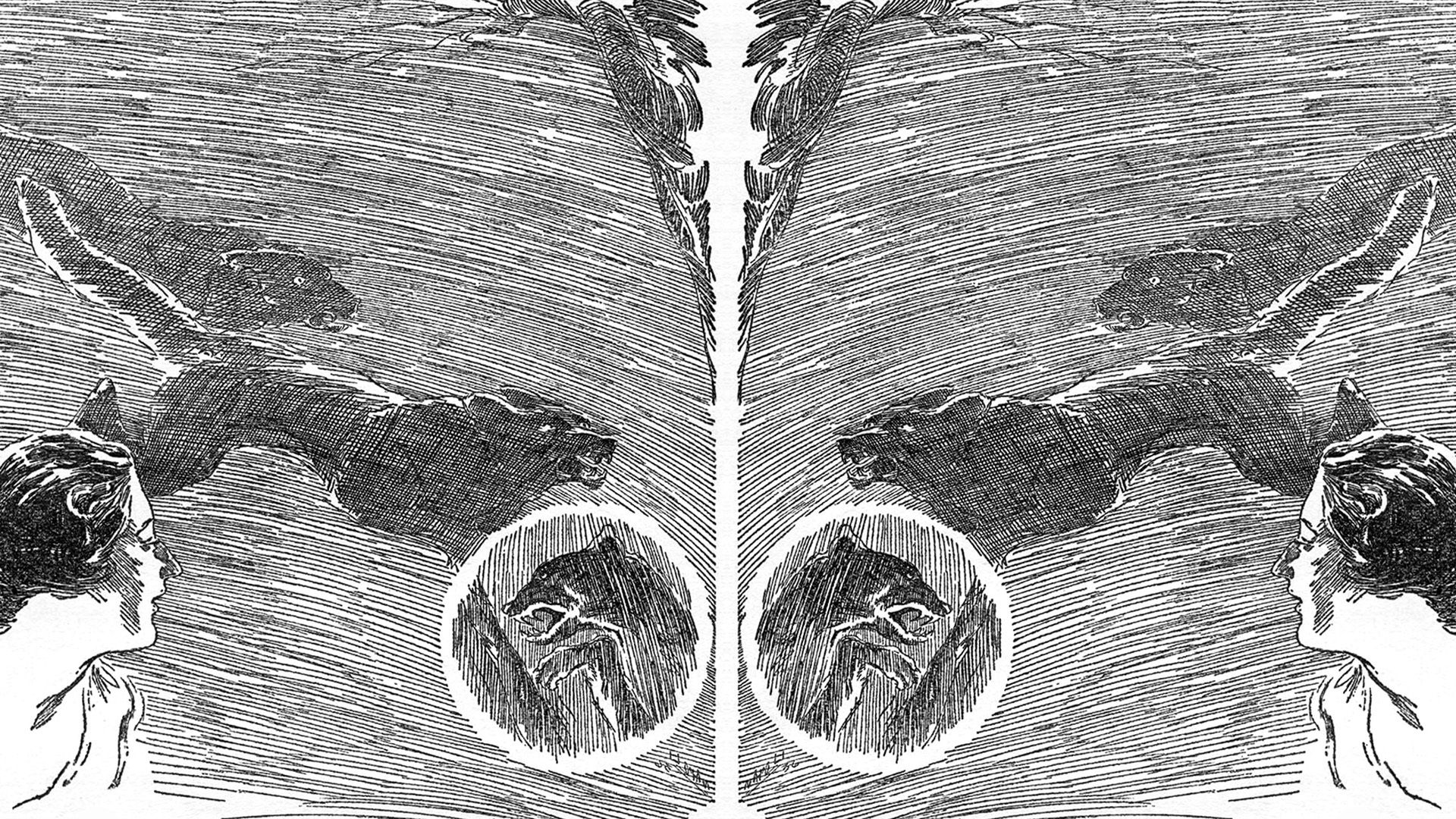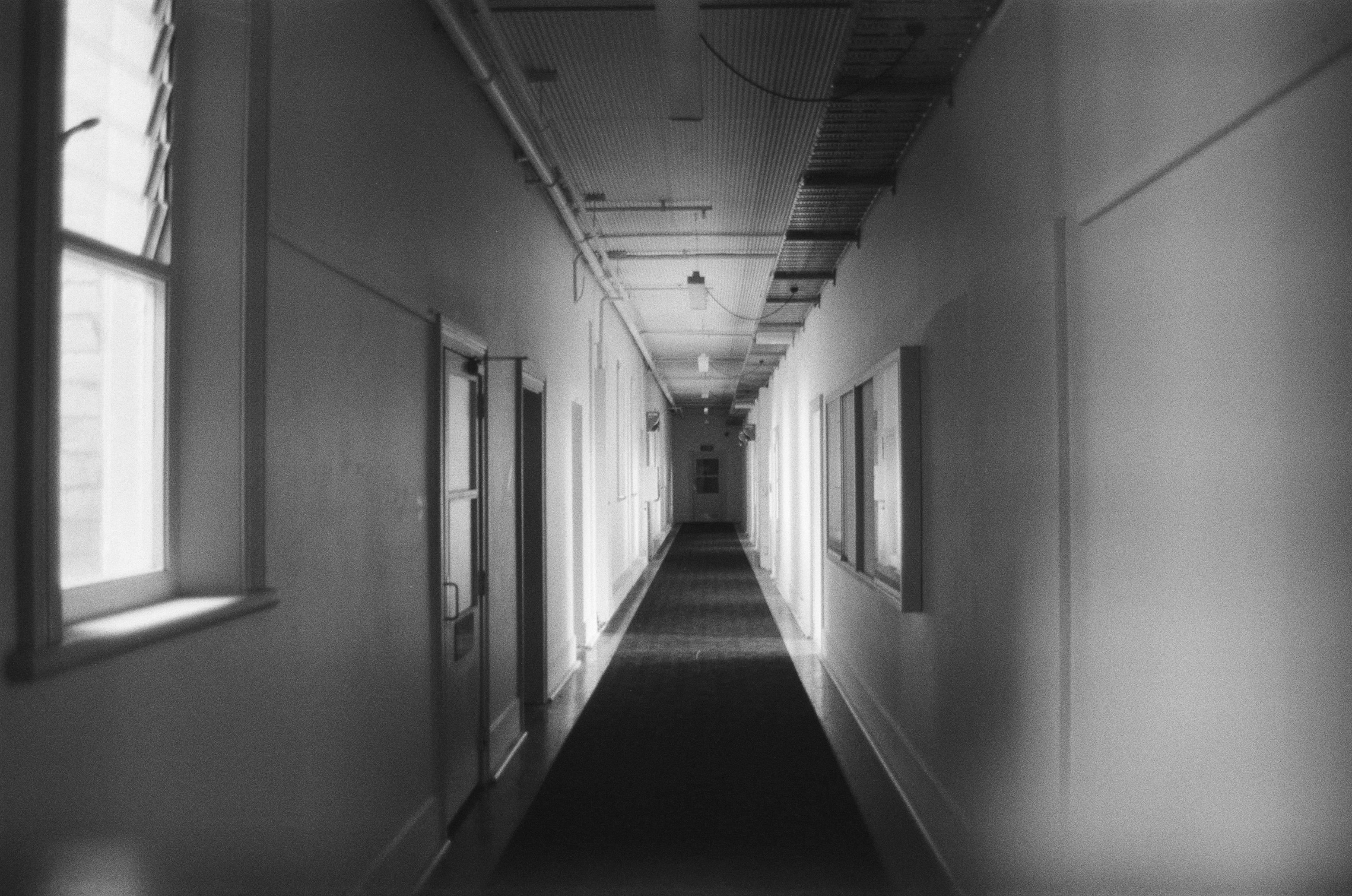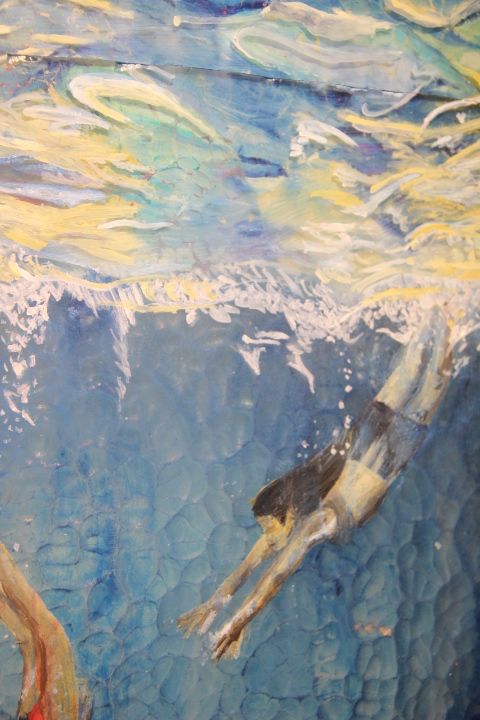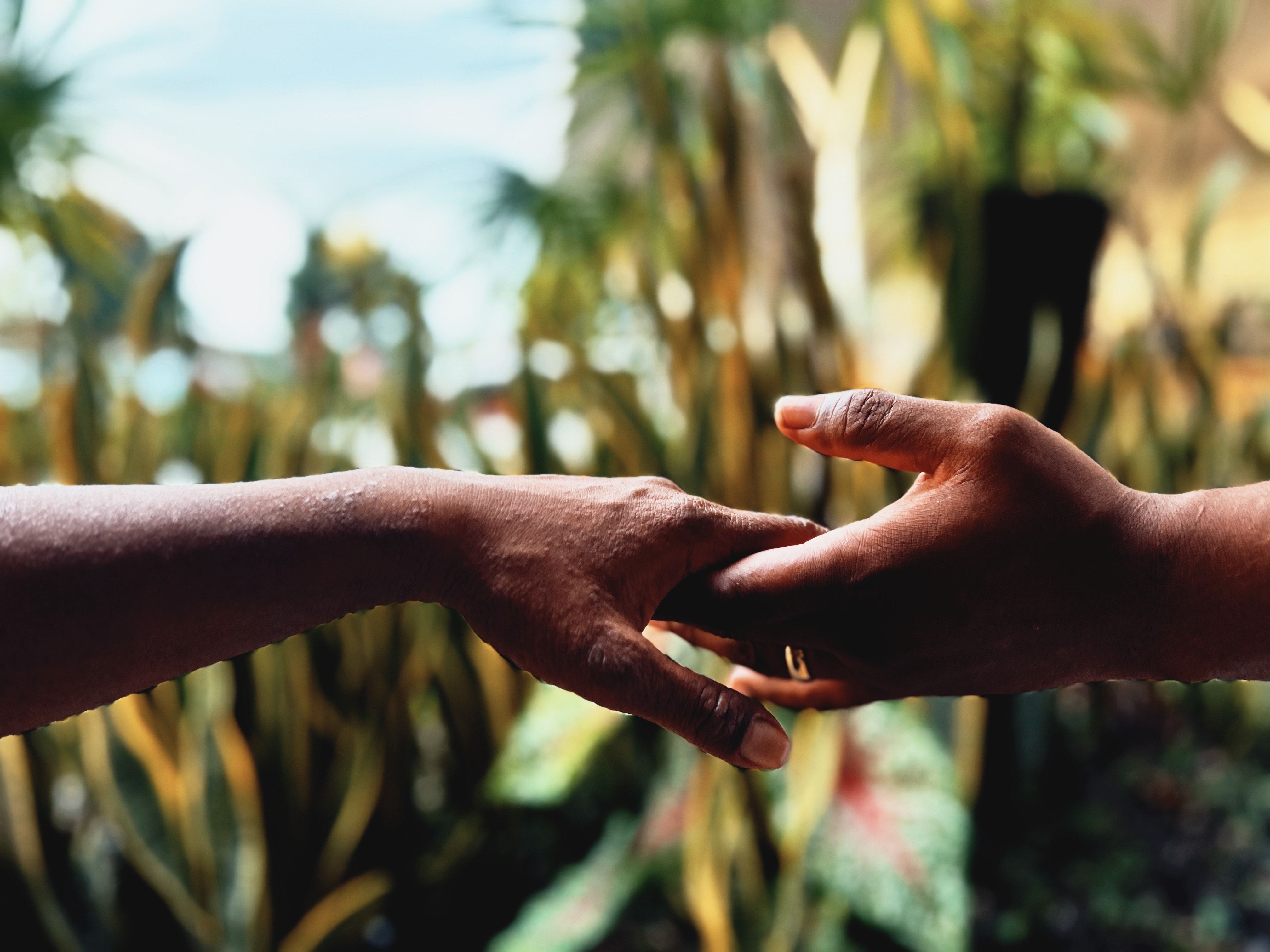Search Results for "CARVINGSPACE"
Is cruising a form of time travel, a doorway into a pocket of Queer time, or something else entirely? Tom Denize unpacks the heat and magnetism of cruising spots.
Lara Taylor, Kathryn Gale, Alison Greenaway and Desna Whaanga-Schollum reflect on how they created safe space on a recent noho marae wānanga by operating in aroha.
Jude Saint leaves behind a snail trail of blue nail polish chips, as they move sideways in transition.
Sacha Judd reflects on the spaces we inhabit online, and how to create safe communities in the midst of the internet hellscape.
Briar Pomana (Ngāti Kahungunu, Rongomaiwahine, Ngāti Rakaipaaka) falls down the enticing crochet rabbit hole of artists Lissy Robinson Cole and Rudi Robinson, reflecting on the role ringatoi Māori play in our current realities and beyond.
Jess Karamjeet, the founder of the Pan-Asian Comedy School Aotearoa, aka PACSA (Laughs), reflects on her journey into comedy, and her hopes of joy across diverse communities.
Dirty Laundry is a collective of artists and writers whose exhibition at Toi Pōneke explored invisible labour in the home. Here, they use images and words to stitch together a 'crazy quilt' about how they collaborate and carve space for creativity in their busy lives.
Moya Lawson talks with artist Debra Bustin (Ngāti Pāhauwera) about the spaces she’s inhabited and carved out for herself and others over the course of her career, spanning over fifty years.
In a series of travel diary-entries, Makanaka Tuwe navigates space to question the systems that sustain the conditions of visibility, invisibility and erasure.
A series of small intimate vignettes between young lovers over the course of one night. Cadence Chung poses the question: How much of ourselves do we give away in love, and how much do we keep?
Dim lights, no music, clear aisles: Wednesdays at 2:30pm offer only a sliver of time for those with accessibility needs. Andi C. Buchanan explores the intersections of time and disability in public spaces.
Don’t look away. Amelia Jacobson dives into Aotearoa’s history of ableism and disability justice while unravelling the myths of the Unitec Campus.
A year after the flooding of Tūranganui-a-Kiwa, Elise Sadlier muses on the state of the local awa, the histories that led to their pollution, and how we might weather the storms ahead.
Is the demand for intimacy co-ordinators, choreographers and directors just colonialism rebranding itself to undermine our sense of collective morale and personhood? In asking for collective responsibility in storytelling, Emele Ugavule pulls forward Indigenous conceptualisations of body sovereignty from an iTaukei worldview.
